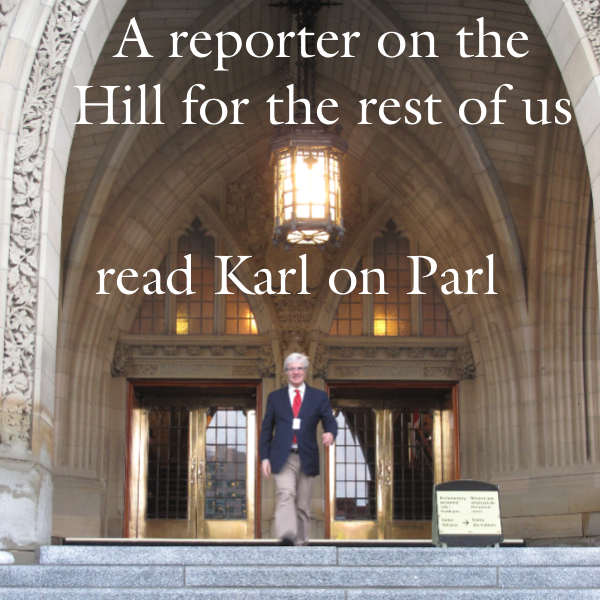On March 31, 2014, there were some events of worldwide consequence and others of great importance for Canada.
The Intergovernmental Panel on Climate Change came out with a major report that warns the nations of the world that if they do not take stronger steps to end global warming the consequences for humanity will be disastrous.
After warning that the arctic ice is melting, the oceans rising and becoming more acidic and that there are increased concentrations of carbon dioxide, methane and nitrous oxide in the earth’s atmosphere, the report states:
“Continued emissions of greenhouse gases will cause further warming and changes in all components of the climate system. Limiting climate change will require substantial and sustained reductions of greenhouse gas emissions.”
In Canada, March 31 also marks the end of the ten-year Canada health accord and, with it, the end of the Health Council of Canada, the only agency that, in NDP health Critic Libby Davies’ words, tracks government performance on health care.
The end of the accord does not only mean a continued downward slide for federal health funding; it marks the near total disengagement of the federal government from health care.
The promises of the accord were never fully realized, of course. They included reduction in wait times, expanded and universal health records and a national pharmacare program.
The Harper government had a brief interest in the wait times issue in its early days, but lost interest fairly quickly, and has never been much interested in anything that would mean an active federal role in improving both the health and health care of Canadians.
Harper has been almost theological in “respecting” health as an exclusively provincial responsibility under the constitution. The Prime Minister and his colleagues have been none too reluctant to tread on the provinces’ toes when it fit their ideology, however. Take their job training or criminal justice initiatives, to cite just two examples.
While these two events were happening, the Harper government was pushing yet another massive omnibus budget implementation bill through Parliament. There’s a new Finance Minister, but we still have the same old anti-democratic Harper practices.
And the Conservatives are proceeding apace with the Fair Elections Act despite the growing mountain of informed, non-partisan and honest criticism.
Paul Thomas of Winnipeg is another eminent Canadian who worked on the organization and management of elections who stepped up, on the evening of March 31, to tell Democratic Reform Minister Pierre Poilievre how to fix a flawed and dangerous piece of legislation.
In his presentation on Monday to the House Committee considering the Fair Elections Act, Thomas echoed the likes of Harry Neufeld, former chief electoral officer of British Columbia, and Canada’s former chief electoral officer, Jean-Pierre Kingsley (and many others), when he proposed a few key changes to the bill:
– do not disallow vouching
– allow the use of voter identification cards
– do not move the Commissioner of Elections out of Elections Canada
– give that Commissioner the right to compel testimony from recalcitrant witnesses
And Thomas added a new suggestion of his own.
He proposed that privacy laws should apply to political parties, which have been gleefully collecting massive piles of data on Canadians.
The highly respected Manitoba expert concluded his remarks to the Committee in this way:
Research in other countries indicates that political attacks on election agencies and partisan involvement with election administration weaken public trust and confidence in the integrity of the election process and this leads in turn to lower turnouts and weaker satisfaction with the voting experience. This should not happen in Canada which has one of the strongest reputations in the world for staging fair and free elections under the supervision of Elections Canada, the oldest independent and impartial national election body among established democracies.
All of the above is of little real importance on this day, March 31, 2014, however.
This is the day on which we all learned that Liberal Leader Justin Trudeau dropped an F-bomb and that über Harper loyalist Dimitri Soudas was forced from his job as executive director of the Conservative Party of Canada, a job he had only held since December.
Sleazy language in one case; sleazy backroom machinations in the other.
Of what importance is the fate of the planet, or even of Canadian democracy, in the face of that sort of earth-shattering news?



